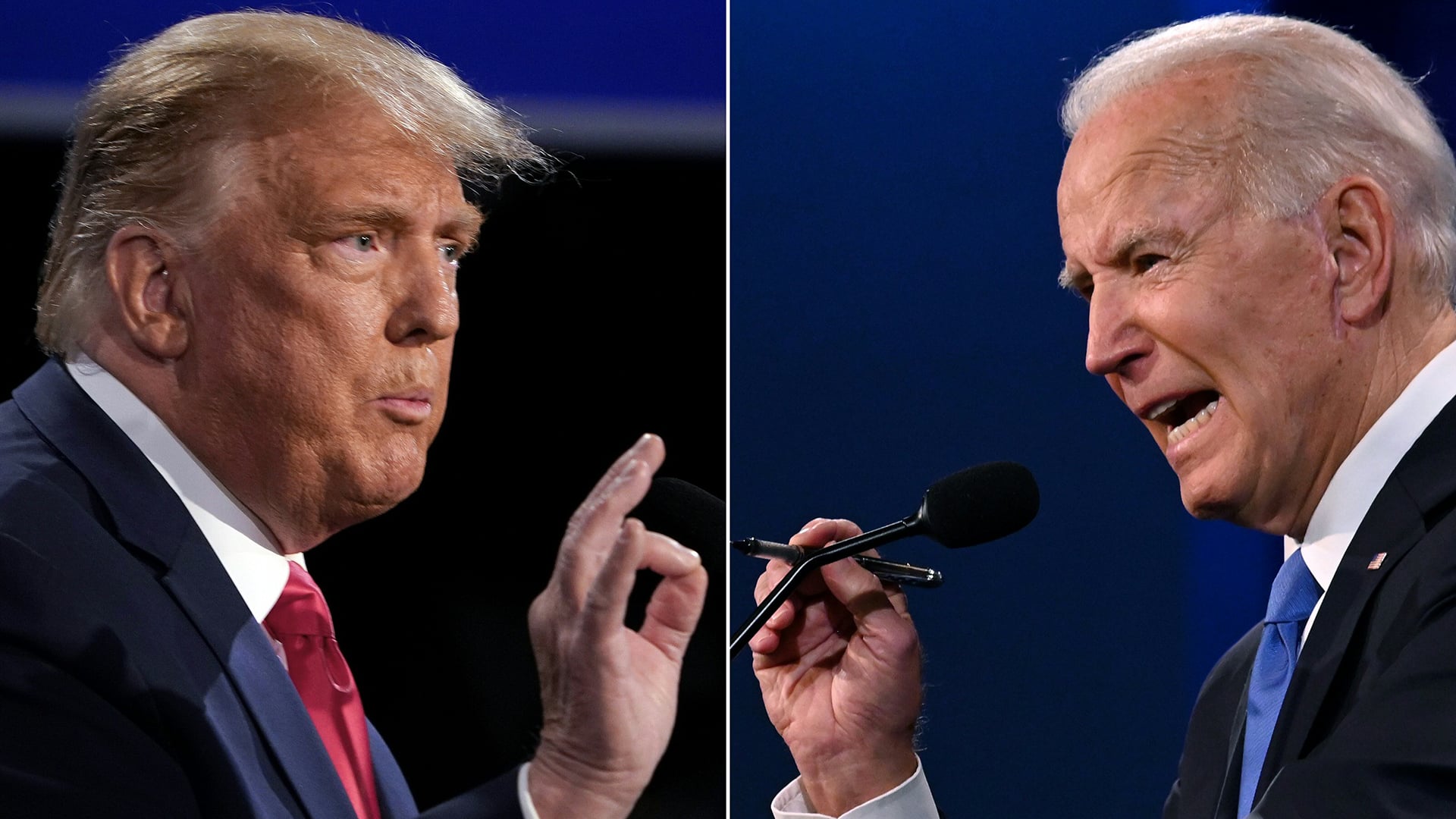OPINION: This article may contain commentary which reflects the author's opinion.
Mail in voting has been a hot topic issue since the previous presidential election, and now one judge has stepped in o put a temporary halt to it.
A Chancery Court judge has halted Delaware in Delaware, Vice Chancellor Nathan Cook said that allowing no excuse mail in voting in the November 8 election “will result in the dilution of constitutional votes with unconstitutional votes.”
The judge said “…if I were to not enjoin the Vote-by-Mail Statute, then the courts would be faced with the impossible task of ‘unscrambling the eggs’ of an election undermined by unconstitutional votes,” he said. “Given these considerations, Plaintiffs will suffer irreparable injury if the Vote-by-Mail Statute is not enjoined and doing so is necessary in the interests of justice.”
“…Furthermore, the fact that votes will be cast under this unconstitutional law means that the election will not be conducted in strict accordance with our Constitution,” the judge said. ” As Plaintiffs note, it would be ‘virtually impossible’ to unwind the election.”
“My thoughts on the policy underlying the Vote-by-Mail Statute, however, are fairly irrelevant,” he said. “Delaware precedent — at least as it stands today — requires me to issue an injunction.”
“Delaware has a strong policy in favor of its citizens robustly exercising their right to vote, Cook said, and he acknowledged that voters may be unable to exercise their right to vote for numerous reasons, including because they are working on election day or suffer resource constraints,” Delaware Live reported.
“The ruling has no effect on Tuesday’s primary election. The Department of Elections, which declined to comment Wednesday, is all but certain to appeal the decision to the Supreme Court of Delaware. In the same opinion, Cook upheld the state’s new same-day voter registration law,” it said.
The decision of the judge was backed by Republicans, including Delaware Republican Party chairwoman Jane Brady and Republican candidate for attorney general Julianne Murray are behind the suits.
“I am delighted with the decision,” Murray said. “The Vice Chancellor took great care in reviewing Delaware’s history as well as Delaware’s case law in coming to his conclusion. I obviously thought that the statute was unconstitutional but to have the Court agree is very validating.”
“Well it has now been sorted out,” she said.
Brady said it was. “victory for the law.”
“To change the provisions in our State Constitution requires that the same new law be passed by the General Assembly over two consecutive legislative sessions with a supermajority,” she said. “When the Democrats could not get the votes to do that, they attempted to change the law by passing a statute in the General Assembly in one session with a simple majority.”
“This is the first step to protect Delaware elections from laws that may undermine our confidence in election results and threaten to introduce greater opportunities for fraud into our elections,” she said.
In June a judge in Arizona denied a bid from Republicans to bar the state from using “no excuse” mail-in voting in November’s crucial midterm elections.
“Republican plaintiffs argued the state constitution described voting as taking place at the polls, not via mail, but Mohave County Superior Judge Lee Jantzen maintained nothing in the state constitution prohibited no-excuse mail-in voting, which allows voters to utilize an absentee ballot without giving a reason,” the Washington Examiner reported.
Arizona has allowed “no-excuse mail-in voting” since the early 1990s, whereas many other states require voters to have a valid reason such as medical conditions to be eligible. Arizona has one of the highest usages of mail-in ballots in the country, and Republicans are attempting to clean it up.
“The state Republican Party, helmed by Chairwoman Kelli Ward, argued that the prevalence of mail-in voting flouted the state constitutional requirement for a secret ballot. Jantzen, who was appointed by then-Gov. Jan Brewer noted that the laws have a number of safeguards in them and provisions that preserve secrecy. The plaintiffs can appeal the decision,” the Examiner reported.
“The laws are far from perfect and nobody anticipated thirty years ago that approximately 90 percent of Arizona voters would vote by mail-in ballot during a pandemic, but these laws are NOT in violation of the Arizona Constitution,” wrote Judge Jantzen. “They are not inapposite of the intentions of the framers of the Constitution who emphasized the right to suffrage for Arizona citizens and that the voters’ ballots be secret.”
